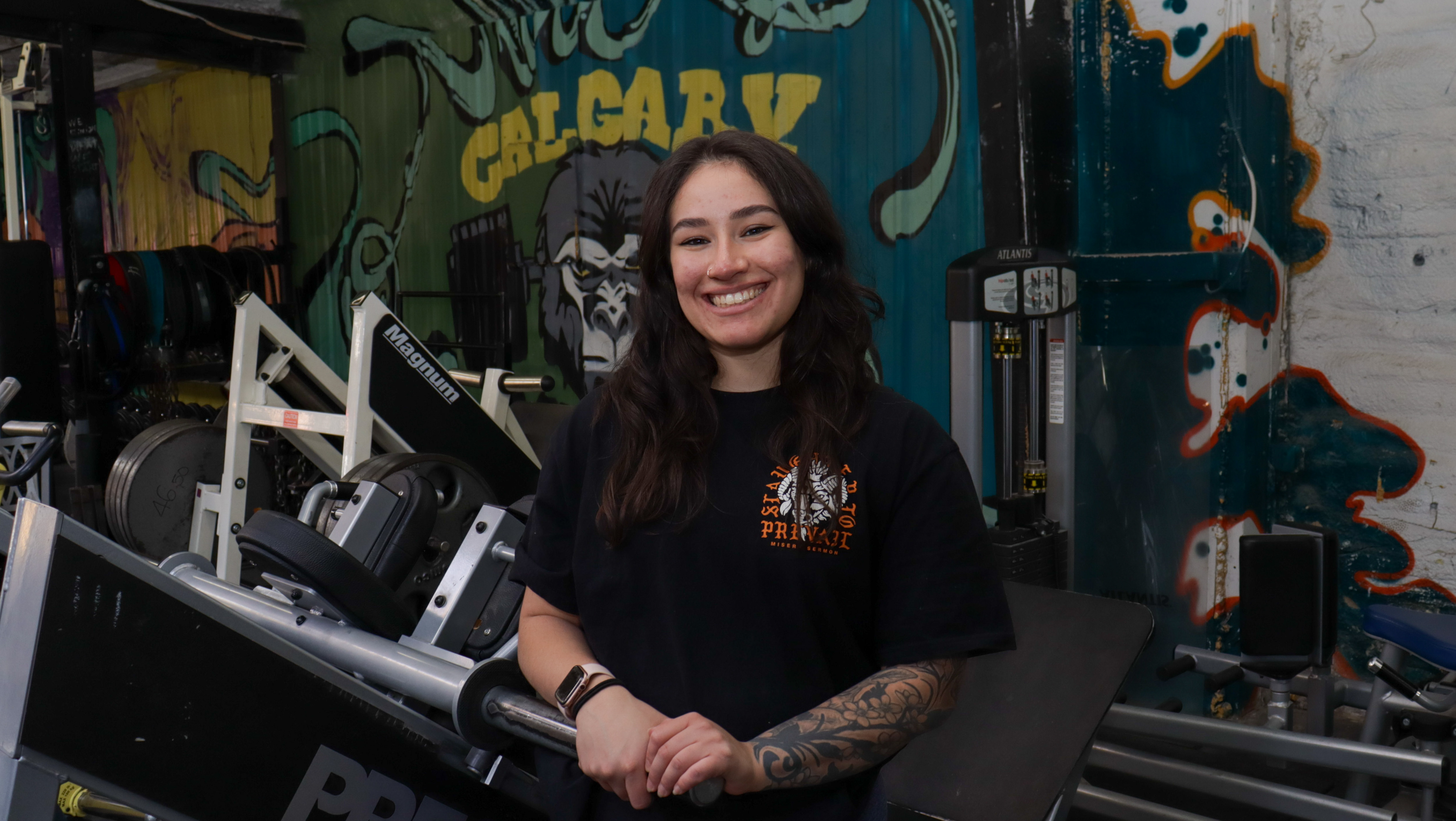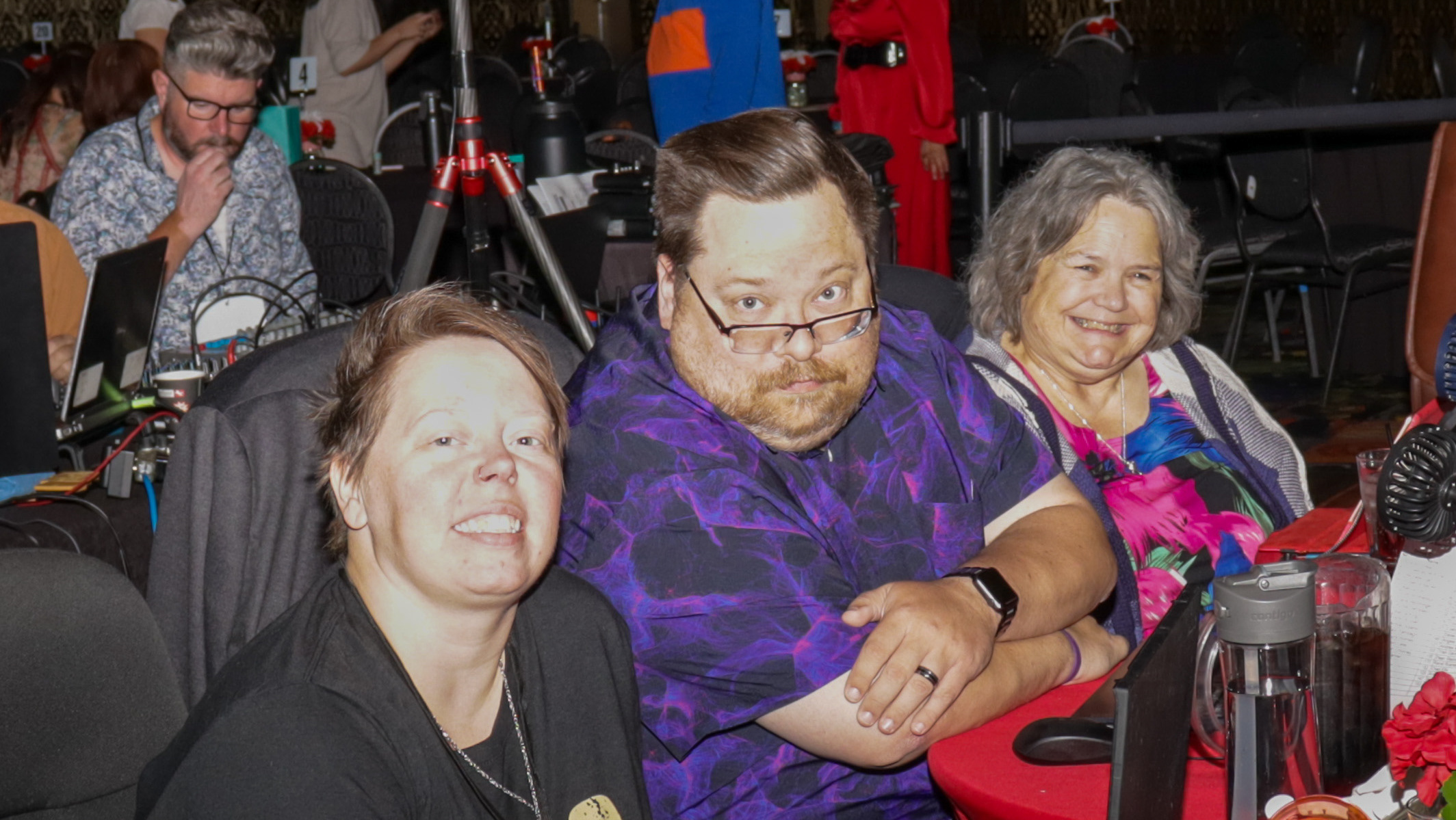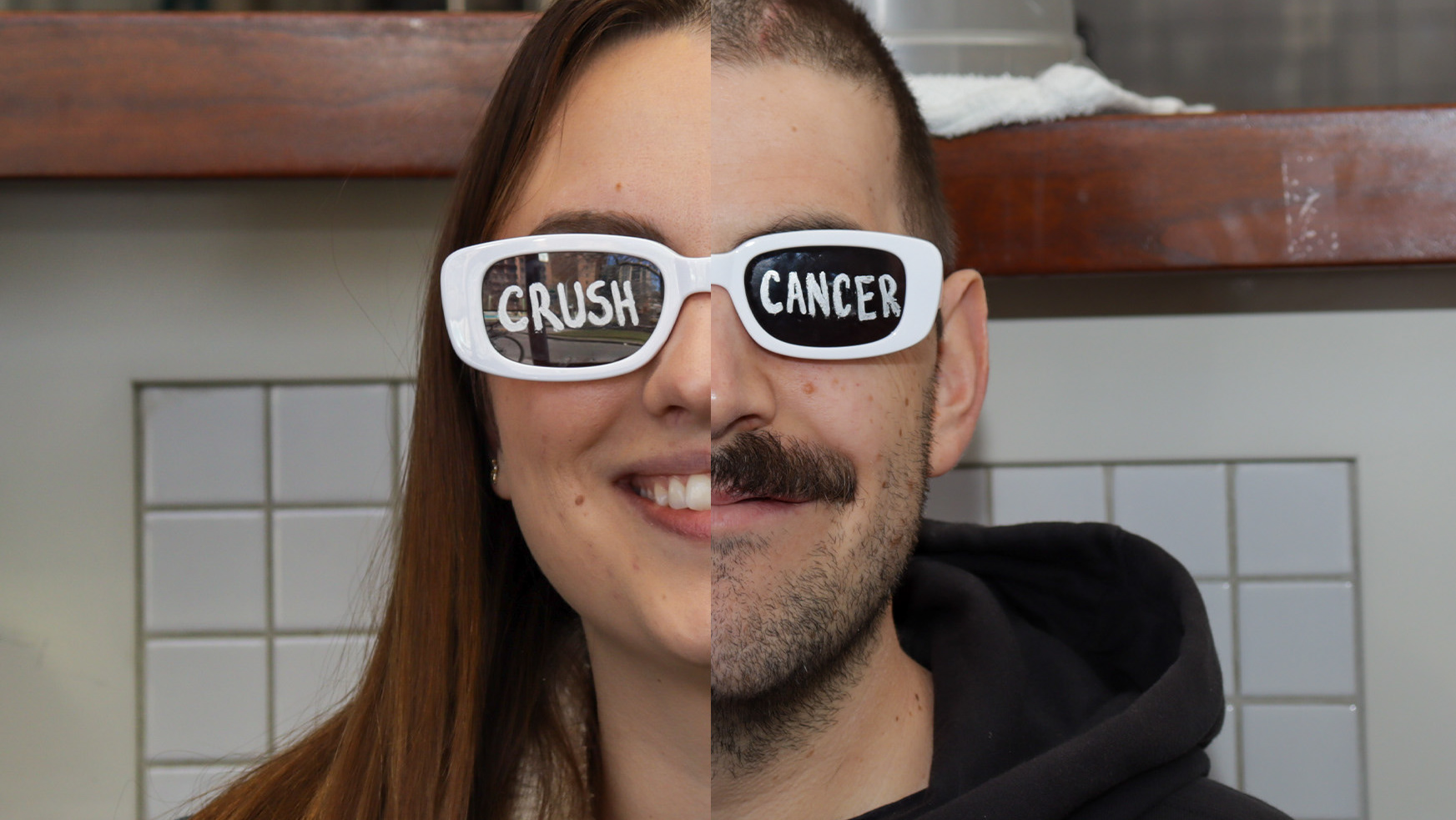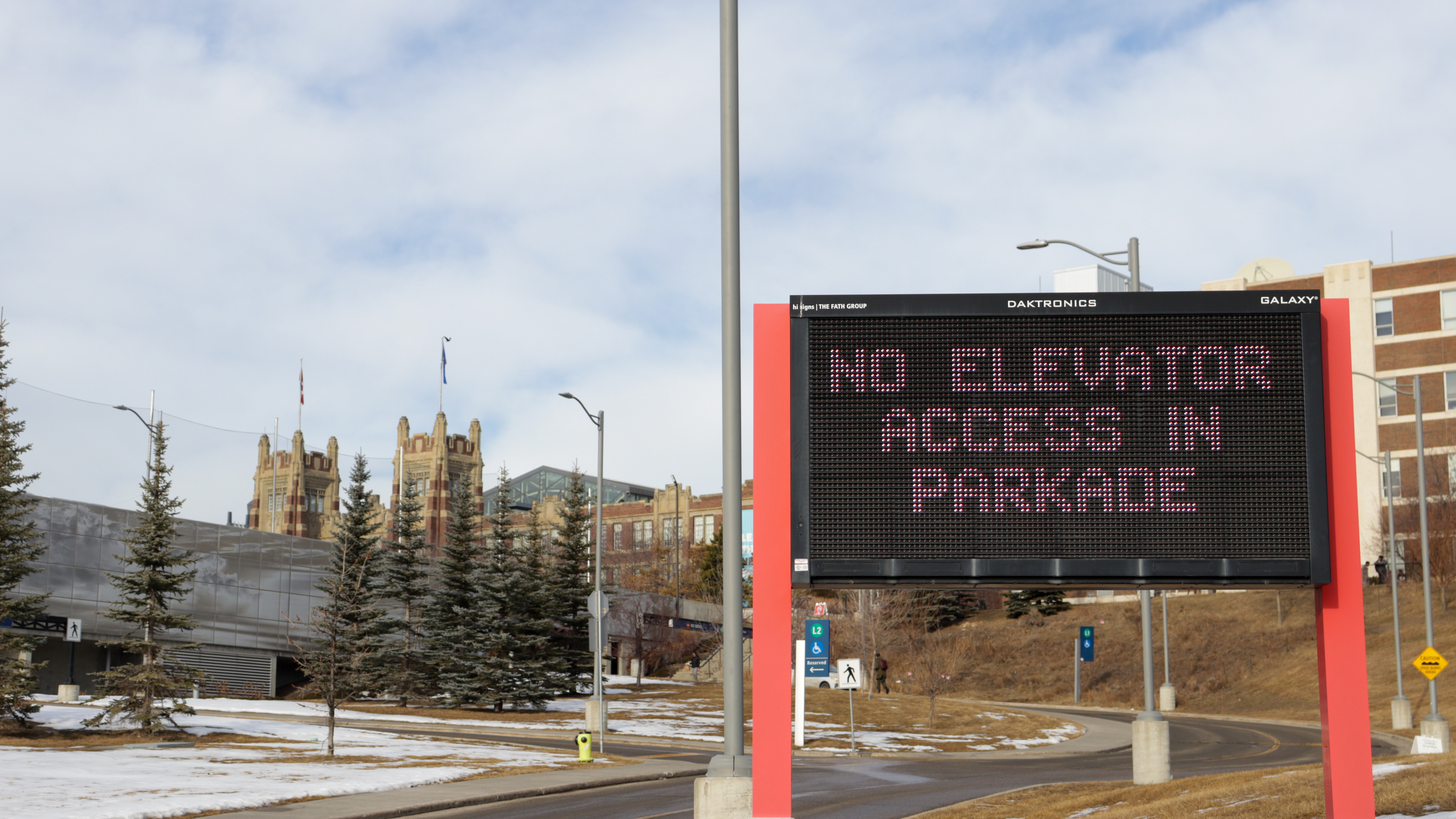Drones in one of the ARIS labs on the SAIT campus. (Photo by Jenna Willox)
Applied Research and Innovation Services (ARIS) is SAIT's homegrown research lab where students can gain experience working on different forms of technology while at the same time help corporations bring their concepts to life.
It takes real, human issues, solving them through science, technology and teamwork.
"ARIS started as a way for students to get real-life hands-on experience in the industry,” said Donna Bilyk, assistant to the director, of ARIS.
Decades later, the centre has expanded into 77,000 square feet of lab space, boasting a drone lab, a chemical analysis lab, a 3D printing lab and much more with what is described as a “technology mall.”
Being ranked as a Top 10 research institute in Canada for multiple years in a row, the ARIS team at SAIT is passionate about the innovation of new ideas and problem-solving using a vast team of subject matter experts (SME).
Starting with a simple idea or issue from a business, or individual, ARIS then consults the SME who is most aligned to that concept. From there they will decide if there is potential for a project.
“We look at what a scope of work might look like to find the solution to that idea, and then where will we get the money to solve that problem," said ARIS director Jamie McInnis.
"After four-to-six weeks, if funding is approved then ARIS will begin its collaborations with a person or business on their idea. The company always must bring in some of the money, then we match that money through a granting agency.”
According to McInnis, ARIS can have anywhere from 60 to 90 projects at a time. Most, if not all, are dedicated to research and innovation but also to fostering education. One project that stands out to McInnis is the work they did with Alberta Native Friendship Centres.
The plan was to make these centers more energy efficient and educate those at the centers, to share this information with their family and communities.
"So much knowledge was gained that the national office is sending it across the country to all the friendship centers, that project was funded by two federal agencies,” said McInnis.
The goal of ARIS is to continue to work with Indigenous partners by helping them build their businesses and support their independence. McInnis says ARIS is ready to help Indigenous communities with whatever challenges they face in their pursuit of sovereignty.
“The road to sovereignty is economic independence and economic independence means you have to have businesses," she said. Additionally, McInnis expresses the desire to continue to work on projects that deal with the climate crisis.
According to McInnis, the success of ARIS can be attributed to its hard-working team of experts, and grant writers. She displays a high level of respect and appreciation for the entire team behind ARIS. Diversity also factors into the success of ARIS, with research and innovation being used to build up marginalized communities, diversifying the way we look at climate change and supporting economic growth by collaborating with real people with really good ideas.
McInnis invites students and faculty to get involved in projects and applied research with ARIS. There are numerous opportunities for students including paid positions, volunteering, capstones, practicums, or internships. You can get involved with ARIS by filling out an online intake form, or by simply visiting the office in the Aldred Centre, room CA416.
Jamie McInnis, director of ARIS, in the drone lab ran by ARIS on the SAIT campus. (Photo by Jenna Willox)




